20 Most Common French Idioms to Get You Talking Like a Native
French love their idioms and use them often in everyday life. As a French learner, it is then necessary (and fun) for you to learn them.
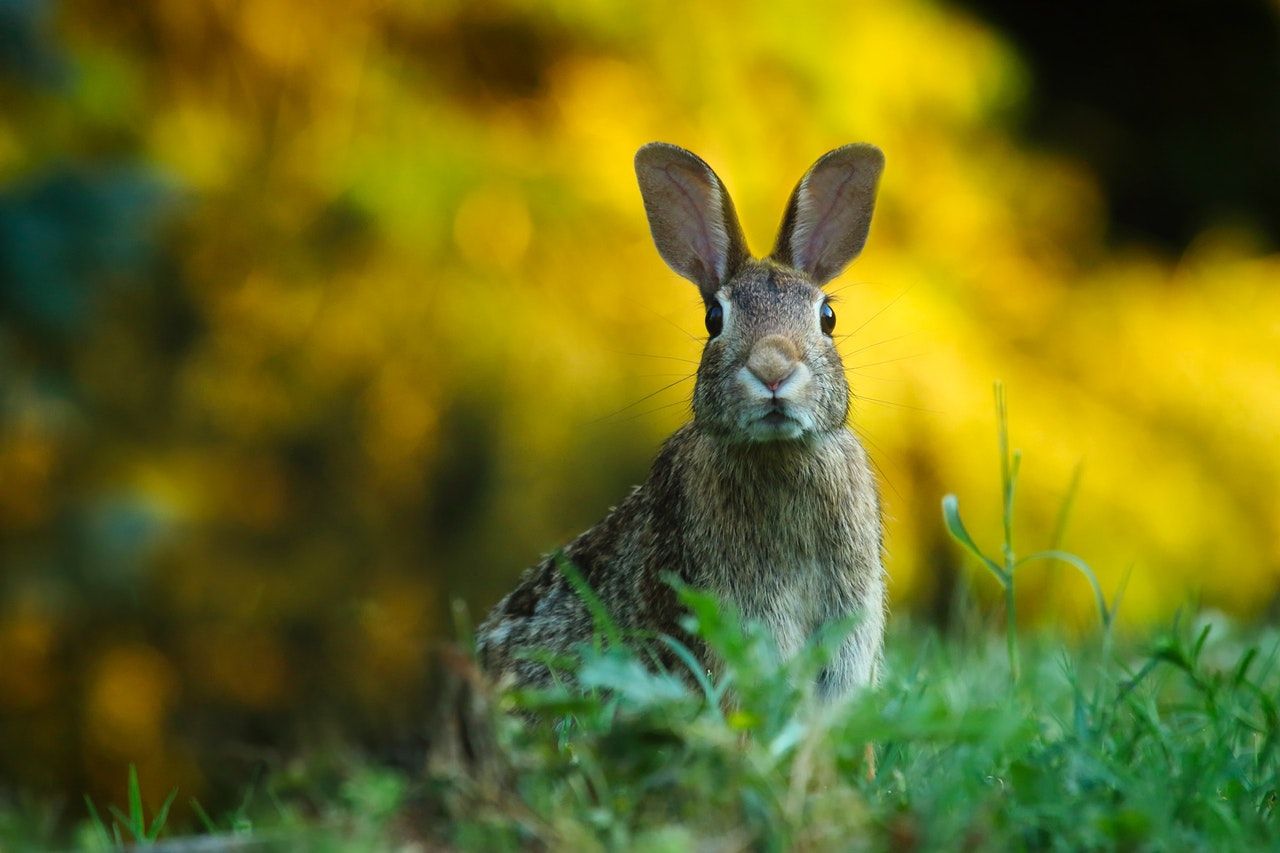
If you listen to French natives speaking to each other, there will be moments where you scratch your head and go: "What in the world are you talking about? A guy put a rabbit on you?" French love their idioms and use them often in everyday life. As a French learner, it is then necessary (and fun) for you to learn them.
Some 'expressions françaises' ( that's how French call idioms, which translates to "French expressions") have easy-to-guess meaning. And some are so quirky that you can't possibly know without learning them first or asking a French native. French idiomatic expressions are so unique that they're listed as the best idioms in the world in the book 'Idiomantics.'
Also, French like to use random animals and food items in their idioms. If you're a visual person and start picturing the literal meaning of the idioms in your head, you'll be laughing out loud.
So, let's get to know awesome French idioms! In this article, I'm listing some of the most common French idioms. From the more general to the ones that use food and animals, use them whenever appropriate to sound like a native!

General French Idioms
What I mean by "general" is that these idioms don't mention a particular animal or food items. Some may sound totally random, so I'll try my best to explain the connection and/or origins of the idioms to you.
But since the French language is ancient, and these idioms have traversed generations, it may be hard for us to trace them back to understand fully the why and how.
Anyways, they're still fun to learn!
1. Ça marche
Literal translation: it walks.
Figurative translation: 'it functions', but also 'got it' or 'okay'.
You'll hear this one a lot when you're watching to a French movie. It's extremely versatile because you can use it in many ways.
J'ai réparé le grille-pain, et maintenant ça marche de nouveau.
Translation: I've repaired the toaster, and now it works again.
X: Je viendrai te chercher à 8 heures demain matin, donc sois prêt.
Y: Ça marche.
Translation: X: I'll pick you up at 8 tomorrow morning, so be ready.
Y: Got it/okay.
'Ça marche', in the second definition of the term, is a slang, though. Sometimes, and this is more informal than 'ça marche', you can also use:
Ça roule
to say 'got it' or 'okay'.

2. Être dans la lune
Literal translation: to be in the moon
Figurative translation: to daydream, to pay zero attention.
This is easy to guess, right? Sometimes, French also use this for the same meaning: être tête en l'air - which literally means 'head in the air,' but actually means 'to be distracted'.
X: Est-ce que tu as compris ce que je viens de te dire?
Y: Quoi? Désolée, j'étais dans la lune.
X: Do you understand what I just told you?
Y: What? Sorry, I was daydreaming.
Mon mari est tellement tête en l'air qu'il a égaré son portefeuille cinq fois.
My husband is so distracted that he's lost his wallet five times.
3. Ça coûte un bras
Literal translation: It costs an arm.
Figurative translation: It's super expensive.
I know, there's an identical idiom in English - It costs an arm and a leg. Who copied whom? Although French often claim they're the origin of so-and-so words, this idiom is probably English.
A theory says that it originated from the first and second World War, where the price to pay is really heavy - body parts or even life.
From the same category, we have:
- ça coûte les yeux de la tête (it costs the eyes in the head)
- and ça coûte la peau des fesses (it costs the skin of the butt).
Cette voiture m'a couté un bras/les yeux de la tête/la peau des fesses.
This car was extremely expensive.

4. Faire la grasse matinée
Literal translation: to do a fat morning.
Figurative translation: to stay in bed until late in the morning.
This is a useful idiom during your vacation in France so that your concierge doesn't come knocking at your door at 9 AM.
Chaque samedi, j'aime bien faire la grasse matinée.
Every Saturday, I like staying in bed until late.
In the same category but with a contradictory meaning, there is 'faire une nuit blanche' (to do a white night/to stay up all night long).
Je dois faire une nuit blanche pour finir ce travail.
I have to stay up all night to finish this work.
The origin of 'faire une nuit blanche' is quite interesting if you like history. It came from the fact that noblemen used to pray in white cloaks all night long before being knighted.

5. Coup de foudre
Literal translation: a lightning strike.
Figurative translation: to fall madly in love at first sight.
Did you guess it right? Use it if you feel like you've been hit by a lighting bolt when you see someone for the first time.
If it's only a 'moderate' love at first sight, this is what you use: coup de coeur.
C'était un coup de foudre entre lui et moi.
We fell madly in love at first sight, him and me.
J'ai eu un coup de coeur pour cette maison. Je pense que je vais l'acheter.
I fell in love at first sight with this house. I think I'm going to buy it.
6. Être sage comme une image
Literal translation: to be reasonable like an image.
Figurative translation: it's usually used to define kids who are very calm.
This is one of my most favorite French idioms because I've also wondered why it's not 'être sage comme un ange' (to be calm like an angel). For me, it makes way more sense and also rhymes to perfection.
But anyway, nobody knows why it's the word 'image' that's chosen here.
Les enfants que je garde sont sages comme des images. C'est un travail facile et je suis très content.
The kids I babysit are very calm. It's an easy job, and I'm so glad.
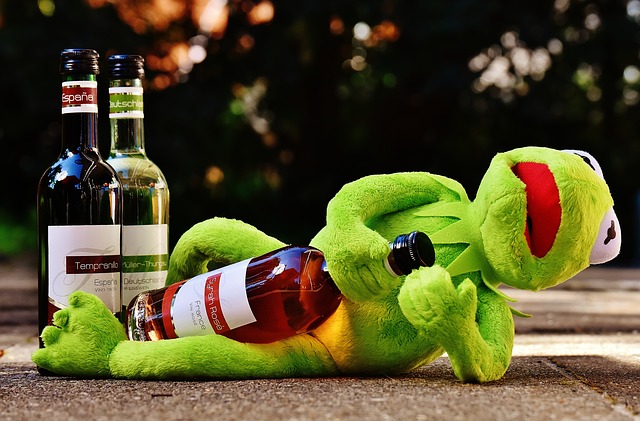
7. Boire comme un trou
Literal translation: to drink like a hole.
Figurative translation: well, you can guess, I think (hint: the picture of Kermit above).
Vous devrez le conduire chez lui, il boit comme un trou.
You'll have to drive him home; he's drinking heavily.
French Idioms Using Animals
Be prepared to laugh your head off.
I think some of the funniest French phrases are their idioms with animals. Some of them are bizarre, borderline genius - and you'll absolutely love them.

1. Poser un lapin à quelqu'un
Literal translation: to put a rabbit on someone.
Figurative translation: to stand someone up (usually used in the dating/romantic scene).
If you've been waiting since the beginning of the article for this, here you go. It's worth waiting for, isn't it?
Il m'a posé un lapin. Je l'ai attendu au restaurant pendant deux heures.
He stood me up. I waited two hours for him at the restaurant.
Why rabbit, though? Apparently, people use the word 'lapin' to avoid using a bad word which rhymes with it. Obviously, I cannot repeat the bad word here, people. Sorry.
2. Il fait un froid de canard
Literal translation: it's duck-cold (I'm not even kidding)
Figurative translation: it's super duper cold
The first time I heard this idiom, I thought: what did the poor duck do to get associated with a freezing day?
The most accepted theory explains this idiom originated from the day where duck-hunting usually started in November - which was the beginning of cold winter.
Nous allons rester à la maison aujourd'hui, il fait un froid de canard.
We're going to stay home today; it's super cold outside.
If you feel bad about the innocent ducks, you can use this instead: il fait un froid de loup (it's wolf-cold).
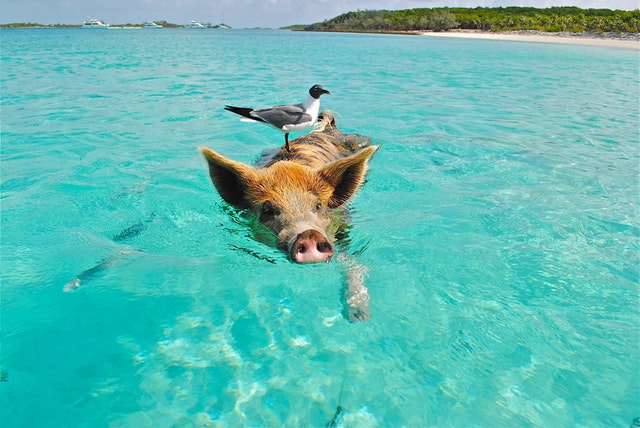
3. On n'a pas élevé les cochons ensemble
Literal translation: we didn't grow pigs together.
Figurative translation: you need to respect me more, I'm not your friend, or we have no anterior relations.
If you read online comments, you'll see this idiom pop up quite often. You use this to remind someone not to treat you like an idiot, or for them to use 'vous' and not 'tu' when talking to you.
Monsieur, je vous trouve irespecteux. Vous n'avez pas le droit de me tutoyer, on n'a pas élevé les conchons ensemble.
Sir, I find you very rude. You have no right to say 'tu' to me; please be more respectful.
4. Appeler un chat un chat
Literal translation: to call a cat a cat.
Figurative translation: to say it as it is.
This is a pertinent idiom in this era where 'political correctness' gets so much attention. It basically means that one should not be afraid to name things/people as they are.
X: Le nombre de réfugiés en France a multiplié pendant ces 10 dernières années.
Y: Appelons un chat un chat. Ils ne sont pas des réfugiés, mais des immigrés.
X: The number of refugees in France has multiplied in the last ten years.
Y: Let's call it as it is. They're not refugees; they're immigrants.
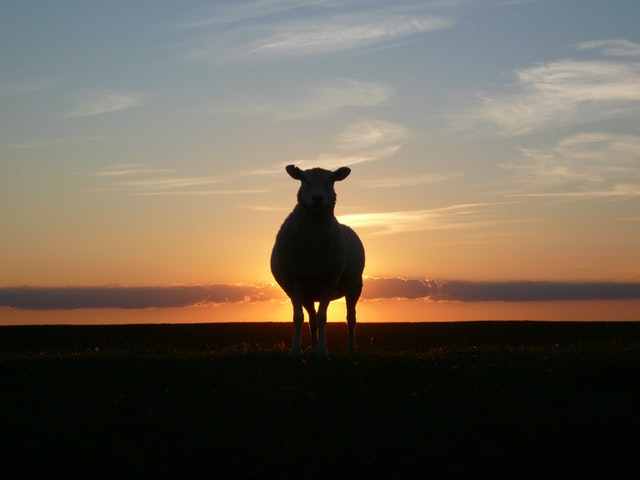
5. Revenons à nos moutons
Literal translation: let's get back to our sheep.
Figurative translation: let's go back to the topic at hand.
This is something that also gets people scratching their heads: why sheep? There are many animals that rhyme with 'revenons' such as 'lions.' Sometimes, you just have to accept it as it is, right?
On a dévié trop de notre sujet. Revenons à nos moutons.
We have strayed away too far from our subject. Let's get back to the topic at hand.
6. Être une poule mouillée
Literal translation: to be a wet chicken.
Figurative translation: to be a coward.
This one is popular among children and teenagers to tease each other. When you're too afraid to do something that all your friends are doing, you risk being called a wet chicken.
X: Tu dois lui dire qu'elle te plâit.
Y: Mais j'ai trop peur d'être rejeté.
X: Ah, tu n'est qu'une poule mouillée.
X: You should tell her that you like her.
Y: But I'm too afraid to be rejected.
X: Ah, you're just a coward.
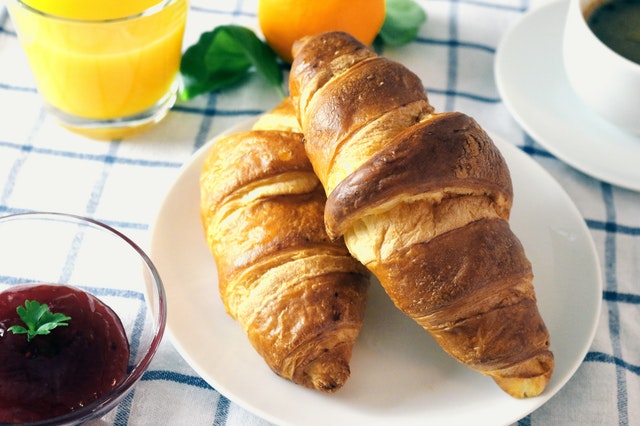
French Idioms Using Food Items
It's obvious that French love food, right? They even take food seriously.
It's as expected, then, that a lot of French idioms revolve around food. Here is a list of just a fraction of the many food-related French idioms.
1. La moutarde monte au nez (à quelqu'un)
Literal translation: the mustard goes up the nose (ouch).
Figurative translation: to get really angry.
This is one of those 'light-bulb' moments. You understand the relation between the literal and figurative translations instantly. I mean, that's the feeling where you're fuming through your nose as if something hot has been put there.
Il a osé me mentir pour la énième fois. A ce moment-là, j'ai senti la moutarde me monter au nez.
He dared lying to me for the umpteenth time. At that moment, I could feel I'm losing my temper.
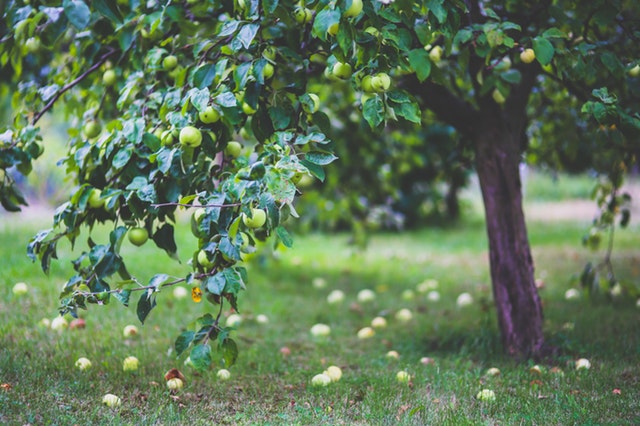
2. Tomber dans les pommes
Literal translation: to fall in the apples.
Figurative translation: to faint, to lose consciousness.
Yes, falling in the apples is something improbable, so why apples? According to a theory, the word 'pommes' here is a replacement of 'pâmer.' The latter, meaning to faint, is an ancient word that nobody uses anymore.
Il a fait tellement chaud qu'elle est tombée dans les pommes.
It was extremely hot that she fainted.
3. Se vendre comme des petits pains
Literal translation: to be sold like small bread.
Figurative translation: to be in high demand/to be sold very easily.
There's a similar idiom in English: to sell like hotcakes. Both refer to something that people love so much, that you can practically sell it for whatever price you like.
Malgré le prix assez elevé, ce produit se vend comme des petits pains.
Even though it's quite expensive, a lot of people buy this product.
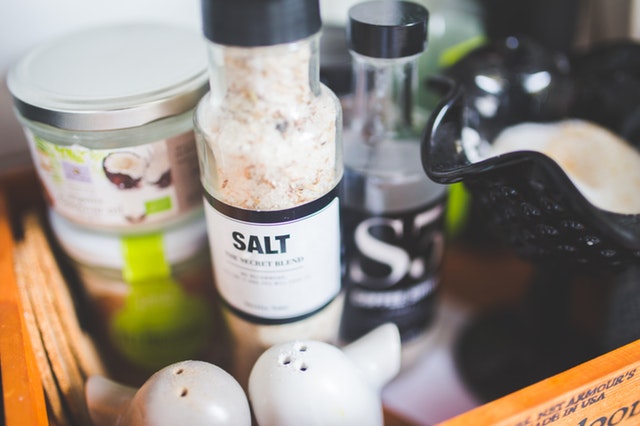
4. Recevoir une note salée
Literal translation: to receive a salty bill.
Figurative translation: to receive a huge surprise bill.
This is what you use when you have to pay an unexpectedly high bill. For example, when you take a beer from the mini bar in your hotel room, you can get a salty bill at the end.
Il a reçu une note salée de la part de son photographe de mariage.
He received a huge bill from his wedding photographer.
5. Ce n'est pas tes oignons
Literal translation: these are not your onions.
Figurative translation: it doesn't concern you.
Just a heads up: this is a rude way to tell someone that they should mind their own business. You should avoid saying it to your boss, for example.
Arretez de me poser ce genre de questions. Ce n'est pas vos oignons.
Stop asking me this kind of questions. It doesn't concern you.
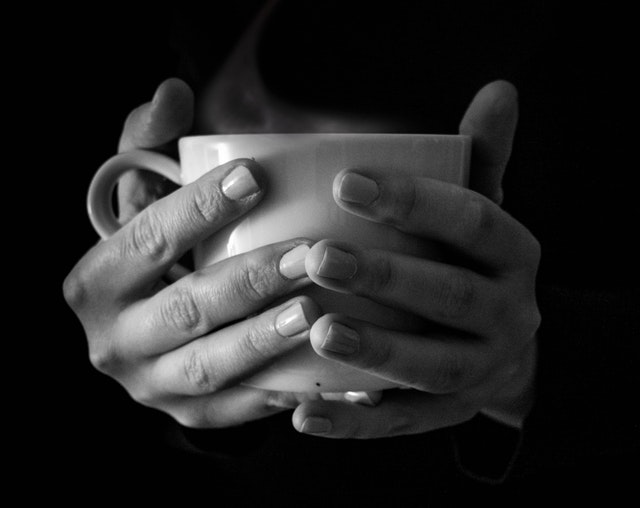
6. Pas ma tasse de thé
Literal translation: not my cup of tea.
Figurative translation: as it's identical with the English one, I think you can guess what it means.
Les films de super heros ne sont pas ma tasse de thé.
Super heroes movies are not my taste.
7. Gagner des cacahuètes
Literal translation: to make peanuts.
Figurative translations: to receive a very small wage.
I couldn't find a reference to the origin of this idiom. But if I could venture a guess, I would say that this one refers to how a circus monkey is paid in peanuts after hard work.
Sa soeur voudrait trouver un autre travail car elle gagne des cacahuètes en ce moment.
Her sister would like to find another job since she has a very small salary right now.

How to Use French Idioms Correctly
It will take a few practices to use them in the right context at the right moment. What I like to do when learning how to use idioms is watch French movies or TV shows or listen to a French radio!
In movies/TV shows/radio shows, they talk just like in real life. So they're the perfect tool to learn about French idioms and even slang words/phrases!
Books are also a great tool to learn about using idioms in context.
You can also join forums in French (for example, this one), or comment on blog posts. Whenever you feel appropriate, insert one or two idioms.
If you use them incorrectly, and someone calls you out, no biggie. It happens to everyone.
It's actually a good thing because now you've learned that's NOT how you use that particular idiom. Don't get discouraged!
One Last Thing...
If you want to practice how to say these idioms, our pronunciation coaches at Speechling will be happy to help! We have native French tutors to help you correct any pronunciation error before it gets settled for good.
Bon courage, les amis!